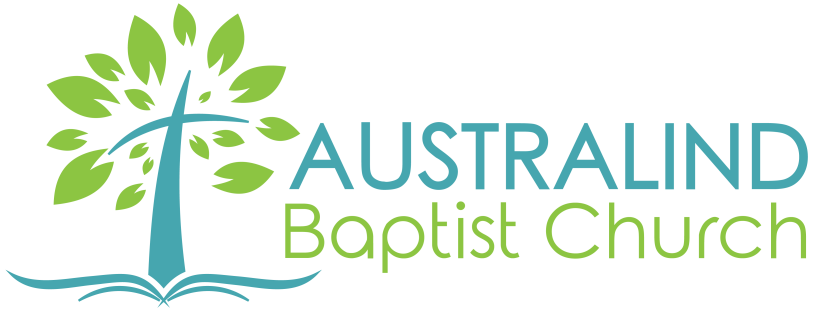- Enemies on every side
Psalm 56
After David left the City of Nob, fleeing King Saul, he escaped to the Philistine city of Gath hoping to find refuge there. Instead of safety, the men of the city recognized that David was from Israel and was their enemy. They planned to kill him, so David pretended to be insane and he was expelled from the City. David was alone, he was being chased by King Saul and his army and now was threatened by the people of Gath. Whichever way he turned there was danger, there was no help anywhere.
This prayer is both David’s cry to God for rescue and an expression of thanks and confidence in the victory he would experience. David was afraid, he knew fear, he had reached the end of his resources, he had no friends, no home to go to and no plan. He was also a man of great courage, he had stood up to Goliath, had defended his father’s sheep against lions and wolves, captained one of Saul’s armies in battle against the Philistines and taken risks to win the favour of both Saul and his daughter. Courage though is not the absence of fear, David experienced fear but stood against it. When God tells us to be strong and of good courage, he doesn’t mean that he will take away those things of which we are afraid, instead he wants us to face our fears with the strength he provides and overcome them. David could claim that when he was afraid, he put his trust in God.
David had sleepless nights as his enemies surrounded him looking for an opportunity to catch him. This strong, courageous man shed tears as he looked at the hopelessness of his situation, his loneliness and lack of a way out. You too may have been so overwhelmed by your situation that you feel attacked on every side, perhaps not by a physical enemy in other ways. You may have thought your situation was hopeless, there was no escape, no one to trust or rely on, and you were desperately lonely. You might have had sleepless night with your tears staining your pillow, desperately hoping for something to happen tomorrow. David understood your pain, he said that God kept his tears in a bottle. The Romans and the Greeks used a bottle called alacrymatorywhich supposedly held the tears of mourners of a deceased loved one, this was much later than the times of David, but it may indicate that the practice was familiar in ancient civilizations. In any event David meant that God valued David’s tears and treasured them. They were not forgotten and God was going to wipe them away; when Christ returns, “He will wipe away every tear from their eyes. Death will no longer exist; grief, crying, and pain will exist no longer, because the previous things have passed away” (Revelation 21:4).
David knew his enemies would be turned away because as he writes “God is for me”. No matter what the enemies had planned he would trust in God. What could man do to him? He would not be afraid. His circumstances had not changed, but he need not fear because God was for him. God had delivered him, and would do so again he would keep his feet from falling, and he would walk in light.
David was not ashamed of his tears, they brought him to dependance on God. He didn’t try to ‘tough it out’ he acknowledged his hopelessness and his desperate need. David looked at the threats against him, his enemies, loneliness, the accusations made against him, and he made a choice. He chose to trust God, knowing that He was for him, what then should he fear? His answer was ‘nothing’ if God is for us, who can be against us?
- What do you think about God keeping your tears in a bottle?
- When have you had to ‘be strong and very courageous’?
- When you are tossing and turning at night, worried about what will happen tomorrow, do you feel able to trust God to deliver you?

